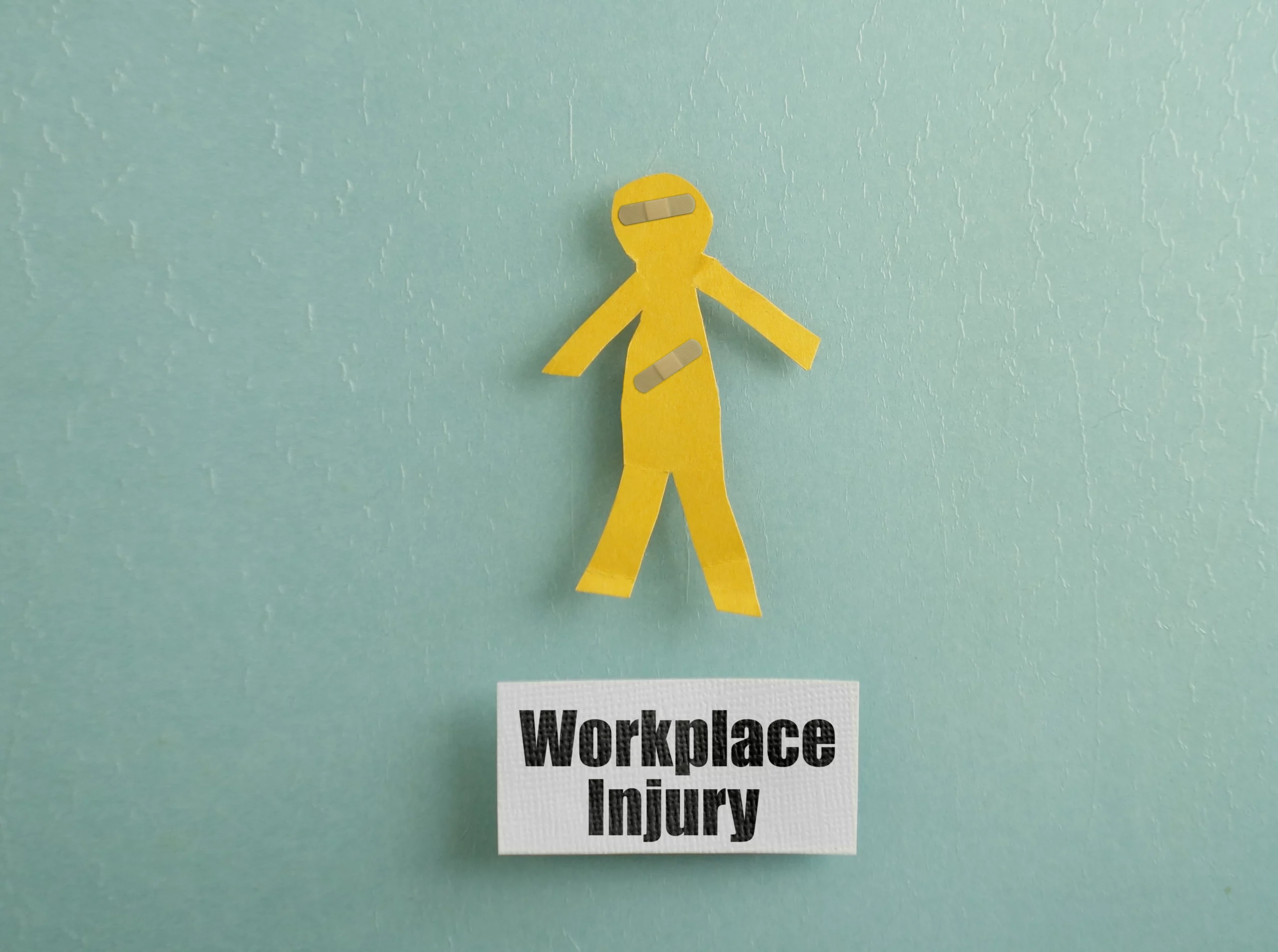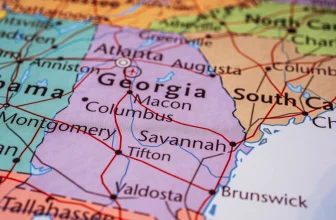
Workers’ compensation should cover the costs associated with medical marijuana treatment of injuries, a Pennsylvania appeals court ruled on Friday, March 17.
The Commonwealth Court heard a pair of workers’ compensation cases where employees were hurt at work and prescribed opioids for treatment, but sought coverage for costs associated with medical marijuana treatment. The court ruled in favor of workers seeking workers’ compensation coverage for their medical marijuana costs related to their injury, the Pittsburgh Post-Gazette reported.
One case examined a lawsuit from Paul Sheetz, who suffered an injury at work in 1977 and required two back surgeries, against Firestone Tire & Rubber.
Sheetz, now deceased, was originally prescribed opioids to treat the pain from his injury, but in 2019 opted for medical marijuana at his doctor’s recommendation. He filed a penalty petition in late 2019 alleging that his employer violated his workers’ compensation by not covering his medical marijuana costs, but a judge denied that petition in October 2020.
On Friday, however, the Commonwealth Court overruled that decision.
“…this Court concludes that the Board erred, and this Court rules that Employer’s failure to reimburse Claimant’s out-of-pocket costs for medical marijuana to treat his work-related injury is a violation of the WC (workers’ compensation) Act,” the court wrote in its decision.
The second case heard was Edward Appel v. GWC Warranty Corporation.
Appel was injured at work in 2006 and prescribed opioids for pain from his injuries. In April 2018, Appel obtained a medical marijuana card and, in October 2018, sought workers compensation to cover costs associated with his medical marijuana treatment.
Appel, like Sheetz, also had his petition originally denied, but that decision was overturned by the court’s ruling on Friday.
“The portion of the Board’s order denying Claimant’s Penalty Petition is reversed, and the matter is remanded to the Board to remand to the WJC (workers’ compensation judge) to determine whether a penalty should be imposed,” the court ruled in its conclusion.






